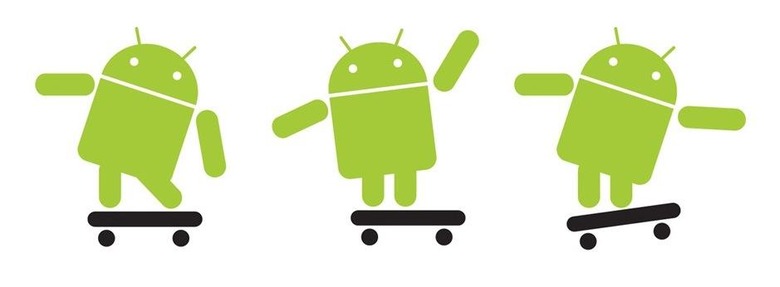Another Android Update Betrayal: When Will We Learn?
This week another Android device less than 2-years old has been announced to be at its end-of-life for Android updates. It is my opinion that this happens all too often – that while it isn't necessarily Google's fault this happens, it should be made more clear. Clarity should be the name of the game when it comes to the promise of a smartphone that'll last. Clarity should be at the forefront of the presentation of a brand new smartphone – especially when it costs several hundred dollars.
This week's betrayal should ring familiar to Android smartphone users well into the future. It comes from Huawei, who've announced that their Honor 7 smartphone will not be updated to the newest version of Android – Nougat. This smartphone is 16 months old at the time this article is published.
Huawei began promising 24 months of updates for new phones starting earlier this year, just after the release of the Honor 8. If one wanted to put a positive spin on this situation, it could be that Huawei's Honor felt the pressure of the 2 years of updates offered by other smartphone makers. This might be the way of the future for all major smartphone brands.

On the other hand, it could just be a death knell for the Android universe left behind by Google. Google, a company that's now making money directly by selling their own smartphone brand: Pixel. Google, a company that still suggests they're working with manufacturers to keep new versions of Android on smartphones of all sorts.
I believe that updating smartphones with the newest version of their operating system is a show of good support for device manufacturers. I do not think that these updates should be a requirement – unless they're promised by the brand that makes them.
Consider an article I wrote back in the year 2012, one called "Google should never have promised Android updates" as published here on SlashGear. While Google isn't promising the same things as it was back in 2012, my sentiments remain the same.
There's still a mindset out amongst the early-adopter community that suggests the newest version of Android is best. They say the newest version of Android should be on all smartphones released in the past two years.
This is still absurd.

Apple has a phone that does that – the iPhone has iOS updates for three years after it's sold. If you want the promise of Google's latest Android OS, delivered promptly in the two years after you buy it, you should get a Pixel. Smartphones from every single other brand should not be expected to be compatible with software they didn't make for years after their device was designed.
SEE TOO: Google threatens public shame for Android update slowpokes
Especially now, when Google's first concern with new versions of Android will be to allow it room to work on the Pixel and Pixel XL for a further 2-years. Especially now that we have processors that far out-perform any sort of requirements a mobile app might have. Android phones made by 3rd-party manufacturers should not expect updates to their operating system for multiple years into the future.
But smartphone brands should be clear about what they're offering. For the general public, showing a single experience at time of sale is good enough. For those power users looking for extended life and a changing set of abilities with their extremely expensive phone, zero updates is betrayal.
It's important not to confuse OS updates with security patches. Security updates are a different obligation: updating for new features is one thing, but keeping that very personal device secure is a different subject entirely. At this point, eight years into the grand Android experiment, it's probably fairly clear as to who we can – and can't – rely on for that.
In the end, it's about defining expectations. Buyers of Android smartphones deserve to know exactly what the manufacturers of those devices are committing to, and what they can be held accountable for. Conversely, by setting out what they are – and are not – willing to do, manufacturers escape potentially unrealistic expectations years into the life of each phone. Right now, though, the entitlement of owners clearly doesn't match the obligation of phone-makers, and nothing Google is doing is making any difference.
SOURCE: Huawei's Weibo page
